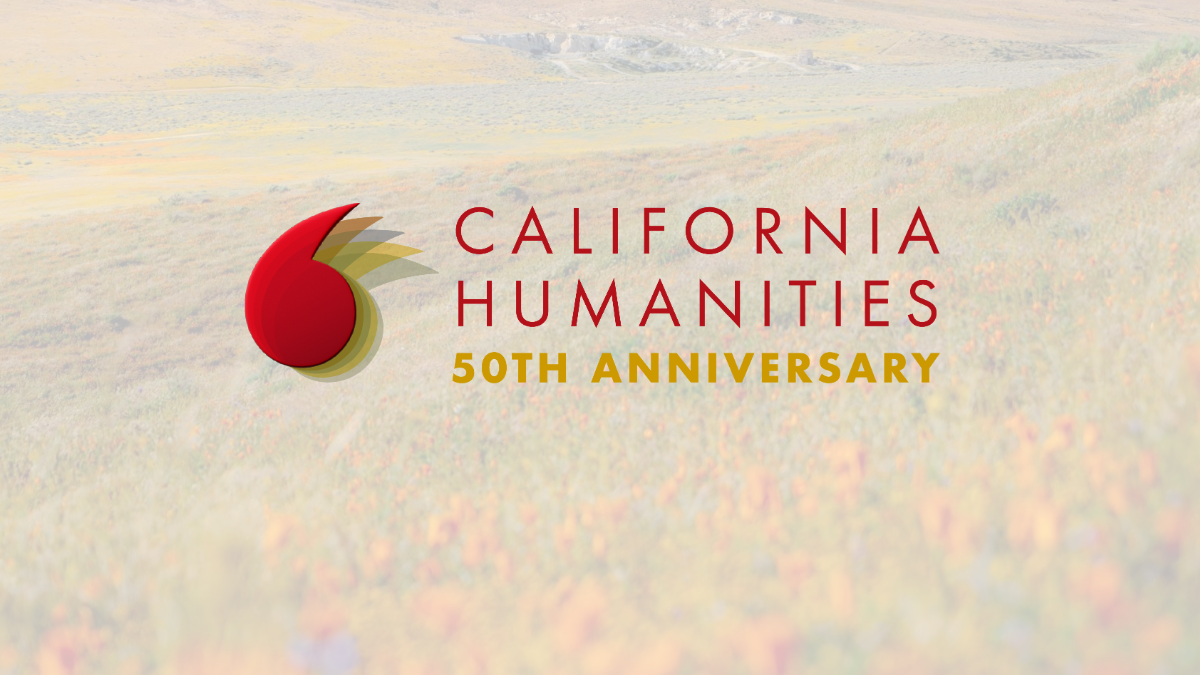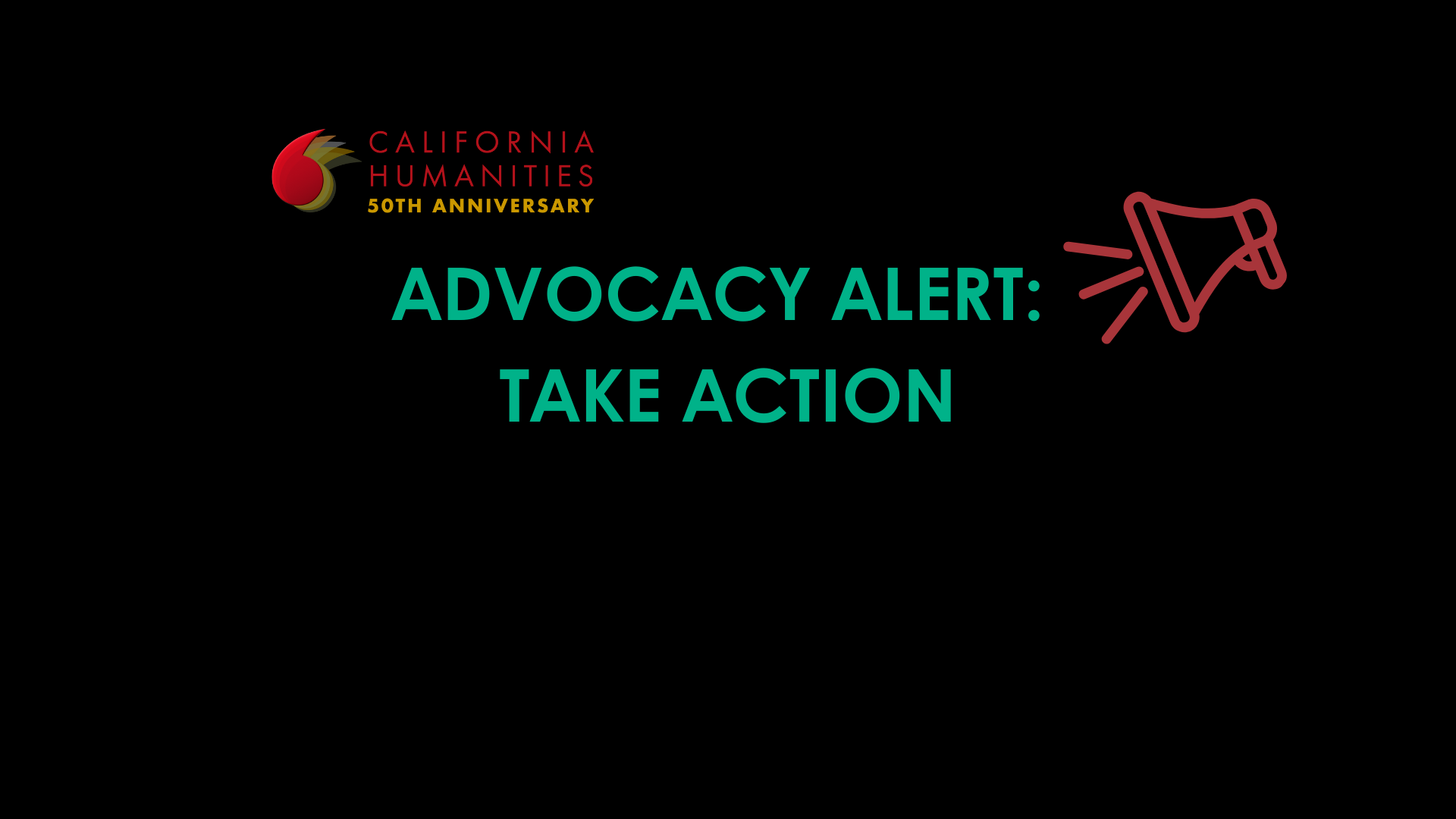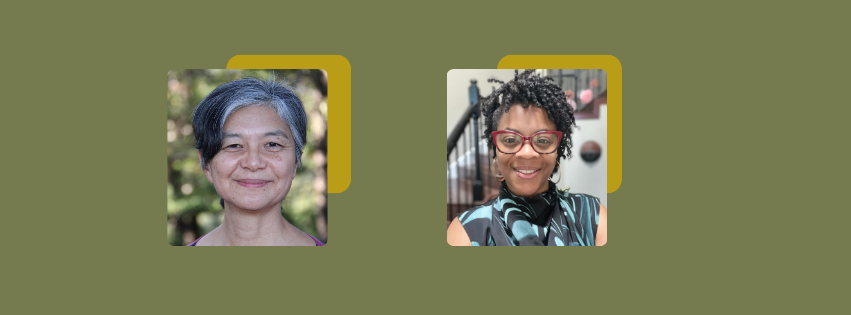You’re sure to find inspiration for your own work in this conversation with the team from The Art of Disability Culture, a project supported by a Humanities for All Quick Grant, as they share insights from this exhibit and public program series. Learn how public humanities programs can engage people of all abilities through innovative and inclusive approaches to programming, outreach, and partnerships. All of us want to increase the reach of our programs and strengthen our connections with our communities. In this Tools of the Trade session, a group of recent California Humanities grantees share how effective outreach and engagement strategies are enabling them to attract new participants and audiences as well as deepen their ties with established constituents.
Participants
Kathleen “Kat” Cruz Gutierrez is Assistant Professor of History at the University of California, Santa Cruz, and Project Director for Watsonville is in the Heart. Kat specializes in Philippine history, colonial science, and the environmental humanities. She is a Los Angeles native and a proud product of California public schools (K-Ph.D.) with an enthusiasm for community-engaged history and public humanities.
Disocoro “Roy” Recio, the humanities advisor for Watsonville is in the Heart, is a community historian of Filipino labor movement, whose personal descendants’ memories of migration, labor, and community formation in Watsonville and the greater Pajaro Valley are a key source for the archive, which includes oral histories, family photographs, family heirlooms, letters and correspondences, and newspaper clippings.
Ildi Carlisle-Cummins, Project Director of We Are Not Strangers Here: African American Histories in Rural California, founded the Cal Ag Roots Project at the California Institute for Rural Studies (CIRS), which explores key moments in the history of agriculture in the state. Ildi holds an M.S. in Community Development from UC Davis, where she also worked as a researcher and community educator.
Caroline Collins, PhD, teaches at UC San Diego. Her work examines how the history of the American West is made and remade, particularly in California and especially in popular culture. As the humanities advisor to We Are Not Strangers Here, she conducted research for the exhibit and developed a companion podcast series. Her public scholarship includes other exhibits and media productions.
Laurie Coyle explores the beauty and struggles of people excluded from our history books in her documentary filmmaking and writing. Her most recent film, Adios Amor: The Search for Maria Moreno, broadcast on PBS VOCES, was supported by California Humanities. Presentations that engage diverse audience promote understanding of history and empower action for social justice.
Vicki L. Ruiz, humanities advisor to Adios Amor, is Distinguished Professor Emerita of History and Chicano/Latino Studies at the University of California, Irvine. A first-generation college-bound student, she received her PhD in History from Stanford University in 1982. An award-winning scholar and educator who chaired the Organization of American Historians, she received the National Humanities Medal in 2015, and is a past California Humanities board member.
Moderated by Dr. William Deverell, the author of numerous works on political, social, ethnic, and environmental history, directs the Huntington-USC Institute on California and the West. In addition to his scholarly work, Dr. Deverell has long been involved with the public humanities, serving as both a Project Director and Humanities Advisor on many California Humanities projects and programs, as well as a Member and Chair of its Board.
Recorded February 17, 2022.
About Tools of the Trade:
To support the public humanities field and promote its recovery from the impacts of the COVID-19 pandemic, California Humanities organized and delivered a series of free online learning sessions in 2020-2022. Aiming to build and rebuild the capacity of individuals and organizations to provide relevant, responsive, and engaging humanities programs, Tools of the Trade enabled California Humanities’ grantees and partners to share their innovative and creative work with other humanities practitioners.
Tools of the Trade is made possible by the National Endowment for the Humanities (NEH) as part of the American Rescue Plan (ARP) and the NEH Sustaining the Humanities through the American Rescue Plan (SHARP) initiative.



